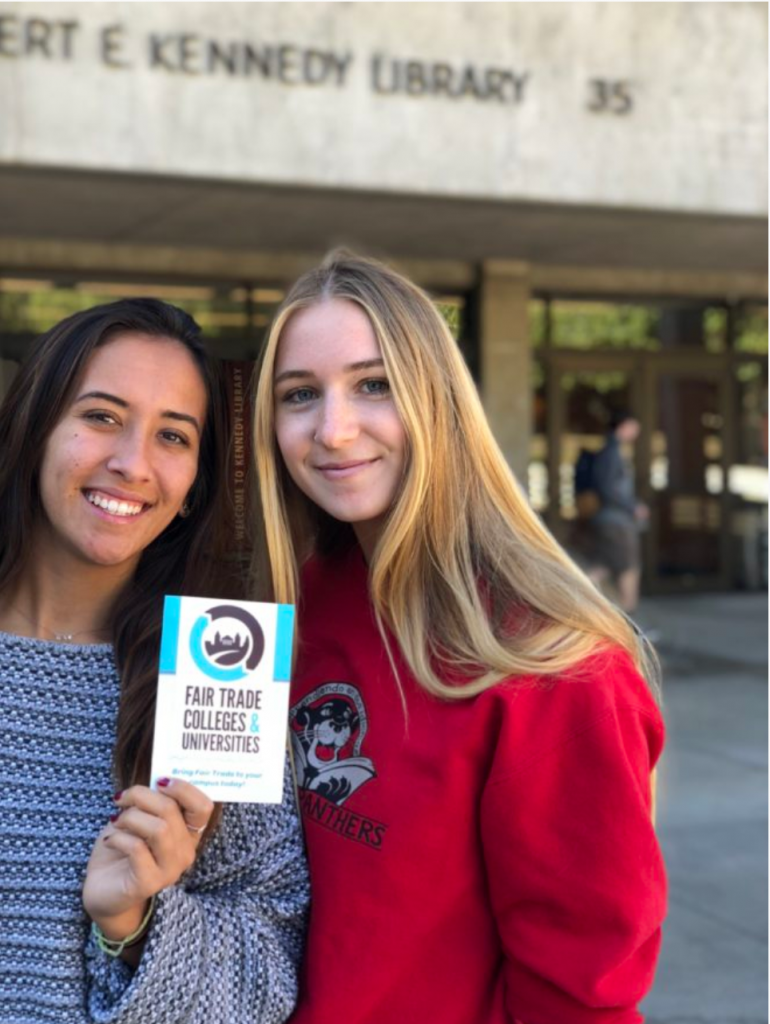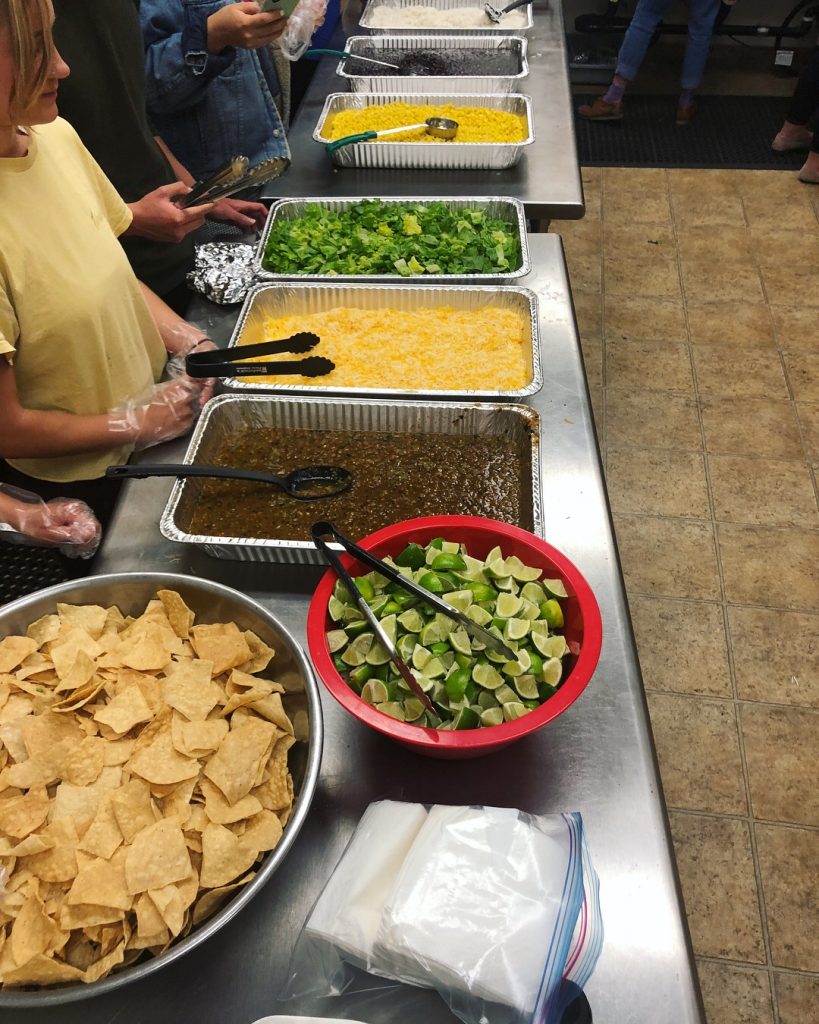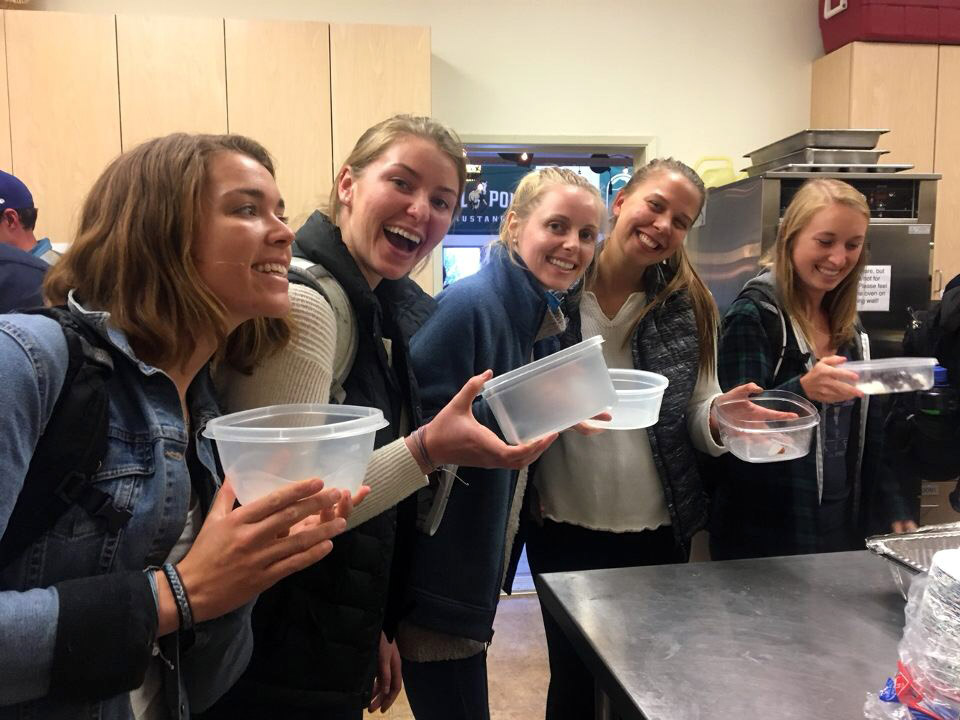Through Net Impact’s efforts, Cal Poly became the first California State University (CSU) to join the 54 Fair Trade recognized universities in the United States.

Fair Trade is an economic system that verifies purchases were “grown, harvested, crafted and traded” in ways that improve lives and sustain the environment, according to Net Impact.
“When you buy something that is Fair Trade, whether it is coffee or clothing or anything, it is a way to verify that however it was made was ethical in both an environmental and social way,” business administration senior and Net Impact co-president Jenny Hoekstra said.
Working with the organization Fair Trade Campaigns, Hoekstra and her team followed a five-step process to become Fair Trade recognized.
The last step was developing and getting a Fair Trade Resolution approved, which went through Campus Dining, the Office of Administration and the head of every department on campus. It was signed by President Jeffrey Armstrong on Dec. 11.
“The biggest goal is to educate Cal Poly students,” Hoekstra said. ” The leaders of tomorrow now are going to know more about this, and [at] whatever company, hopefully they will be advocates for environmental and social impact that they can make.”

The process of becoming designated as a Fair Trade campus also included raising awareness, educating the campus on fair trade and making sure fair trade products were available on campus.
“We had to make sure all Campus Dining outlets had at least two Fair Trade options, so we had to work with Campus Dining a lot,” Hoekstra said.
Advocacy for fair trade is a global movement with social, economic and environmental impacts. According to Campus and Community Engagement Manager Kylie Nealis, who worked with Hoekstra in making Cal Poly a Fair Trade university, how students spend their money can affect change around the world.
“We have a responsibility to do what we can,” Nealis said. “It’s important more now than ever to know who the people are behind the products, what their lives are like, and how we can play an important role in improving the lives of farmers and workers around the globe.”

